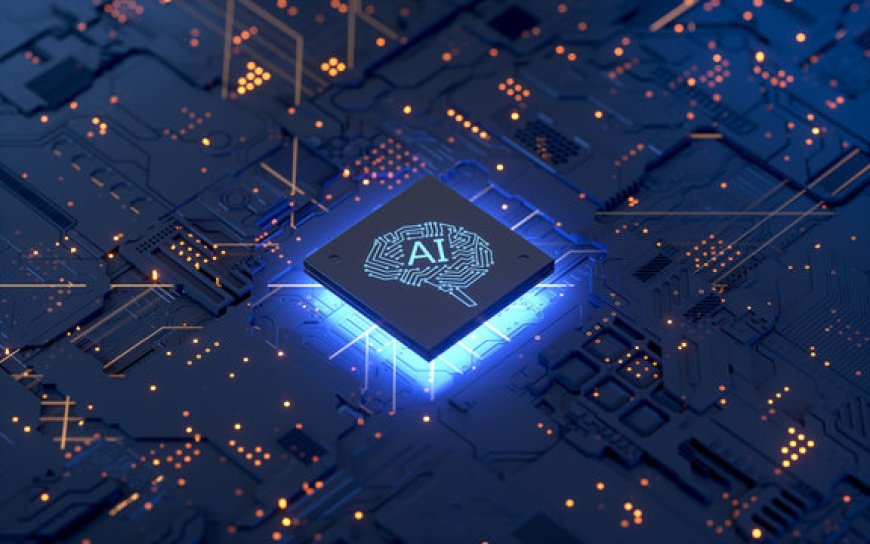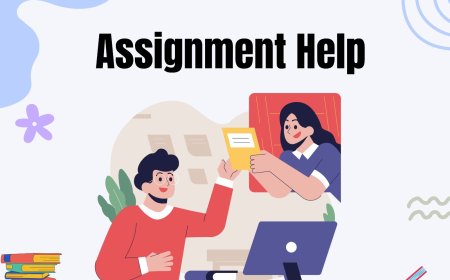How an AI Course in Coimbatore Teaches Tokenization and BPE

Artificial Intelligence (AI) has become an integral part of many industries, from healthcare and finance to retail and customer service. As AI continues to evolve, the ability to understand and process natural language has taken center stage, especially with the rise of Natural Language Processing (NLP). One of the fundamental techniques taught in anAI course in Coimbatore is tokenization and Byte Pair Encoding (BPE), which are essential for transforming raw text into data that machines can interpret. This blog will dive into the concepts of tokenization and BPE, explaining how these processes are taught in an AI course in Coimbatore and their significance in AI and NLP.
Understanding Tokenization in AI
Tokenization is one of the first steps in natural language processing (NLP). In simple terms, tokenization refers to breaking down a large chunk of text into smaller, manageable units called "tokens." These tokens can be words, characters, or sub-words, depending on the context of the task at hand. Tokenization helps an AI model understand the structure of the text, making it easier to analyze and process.
In an AI course, tokenization is introduced as a foundational skill in the field of NLP. Students are taught to split sentences and words into tokens, making the raw text more digestible for AI systems. For instance, a sentence like "AI is revolutionizing industries" can be tokenized into the following words: ["AI", "is", "revolutionizing", "industries"]. Each token can then be individually processed and analyzed by AI algorithms, which is critical for tasks such as sentiment analysis, machine translation, and text classification.
Tokenization can be performed using different techniques. Simple whitespace-based tokenization splits text into words by identifying spaces, while more advanced methods like subword tokenization break down words into smaller units when they are too complex or unknown. A course in Coimbatore helps students explore these methods using Python libraries like NLTK and spaCy, making the process both practical and hands-on.
Byte Pair Encoding (BPE) A Deep Dive
While tokenization is the first step in breaking down text, Byte Pair Encoding (BPE) is an advanced technique used to deal with rare words and the complexities of vocabulary. BPE is a type of subword tokenization that improves the efficiency of text processing by iteratively merging the most frequent pairs of characters in a word. This reduces the vocabulary size while preserving the ability to represent unknown words.
In an AI course, BPE is explained as a technique that helps AI models handle large vocabularies and unknown words more effectively. For example, the word "unhappiness" might be split into smaller subword units like "un", "happiness" using BPE, allowing the AI system to learn from these subword patterns even if it has not encountered the complete word before. By merging the most frequent pairs, BPE optimizes the AI models ability to learn language patterns without needing an exhaustive list of all possible words.
BPE has become a popular technique in modern NLP applications such as machine translation and language modeling. Students in AI courses in Coimbatore learn to implement BPE using libraries like Hugging Face's tokenizers or even by building the algorithm from scratch, allowing them to grasp both the theoretical and practical aspects of the technique.
The Role of Tokenization and BPE in NLP Models
Tokenization and BPE play a crucial role in the functioning of NLP models, particularly in pre-trained models like GPT, BERT, and Transformer-based models. These models rely on tokenization to understand text inputs, and BPE allows them to efficiently process large and diverse datasets.
In an AI course, students learn how tokenization and BPE are employed in real-world applications. For example, when working with large datasets for tasks like sentiment analysis, students learn to preprocess text by applying tokenization and BPE techniques. This preprocessing step is essential for feeding the text into machine learning algorithms, which then perform the task of identifying sentiment, translating text, or summarizing content.
Moreover, tokenization and BPE also contribute to handling multilingual data and rare words. For instance, when training models on data that includes multiple languages, tokenization and BPE can ensure that the model handles different alphabets, syntaxes, and structures effectively. This makes it easier to build robust AI systems that can scale across languages and cultures.
Practical Implementation of Tokenization and BPE
AI courses in Coimbatore emphasize hands-on training, where students get to implement tokenization and BPE techniques in various NLP projects. The course curriculum often includes practical coding assignments where students work with real-world text data, tokenize it, and apply BPE to prepare the data for AI model training.
For instance, students might be tasked with creating a sentiment analysis model that first tokenizes movie reviews into words and then applies BPE to handle rare words. This allows students to not only understand the theory behind tokenization and BPE but also apply them in real-life scenarios that mirror what AI professionals do on a day-to-day basis.
Conclusion
Tokenization and Byte Pair Encoding (BPE) are crucial techniques for any AI course focused on Natural Language Processing (NLP). An AI course in Coimbatore teaches these methods comprehensively, ensuring that students not only understand the theoretical underpinnings but also gain practical experience applying them in AI projects. Whether it's breaking down text into tokens or optimizing vocabulary with BPE, these techniques are vital for building efficient and accurate NLP models that can tackle real-world language problems.
By learning tokenization and BPE, students gain the skills necessary to build powerful AI applications, from chatbots and sentiment analysis systems to translation and summarization tools. As AI continues to shape the future, mastering these foundational techniques in Coimbatore can set students on a successful path toward becoming experts in the rapidly growing field of artificial intelligence.



































